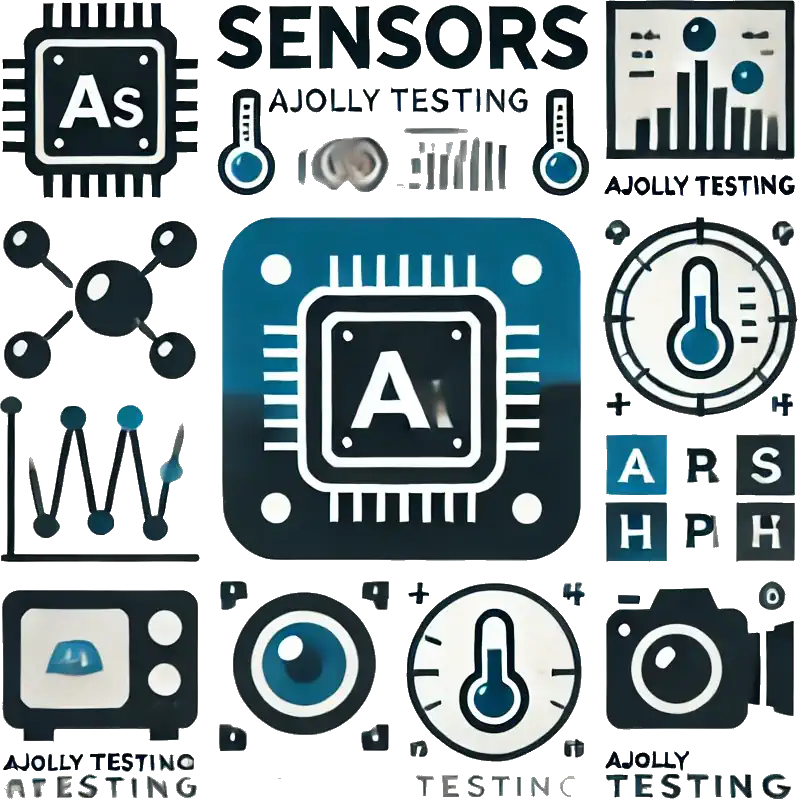
Industrial sensors are devices capable of detecting, measuring, or monitoring physical, chemical, or logical quantities, converting them into usable signals for control, automation, or data acquisition systems.
They are the interface between the physical world and the test or production system, allowing processes to be measured, tracked, and validated objectively, accurately, and repeatably.
🧠 The role of sensors in testing and quality systems
- Ensure continuous measurements without human intervention
- Enable automatic detection of faults or deviations
- Provide real-time data for dashboards and KPIs
- Increase the reliability and standardization of tests
- Enable automation of inspection and process control
Without reliable and well-integrated sensors, no testing system is truly automatic or traceable.
🧩 Main types of sensors applied in testing
🔌 Electrical sensors
- Measure voltage, current, resistance, impedance
- Include shunts, current probes, Hall sensors, LCR meters
- Used for power control, consumption, leaks, and electrical safety
🌡️ Physical-chemical sensors
- pH, temperature, conductivity, pressure, humidity, viscosity
- Applications in laboratories, cosmetics, food, pharmaceuticals
- Integration with software like LabVIEW or CLS (Clinic Lab Software)
📏 Mechanical and displacement sensors
- Load cells, extensometers, linear position sensors (LVDT), inductive sensors
- Measure force, torque, stroke, deformation
- Applications in functional testing of actuators and assembly validation
👁️ Optical and vision sensors
- Industrial cameras, color sensors, lasers, reflective sensors
- Used for visual verification, non-contact measurement, code reading
- Integration with vision algorithms (Halcon, OpenCV, LabVIEW Vision)
🧠 Smart / digital sensors
- Communication via I²C, SPI, Modbus, CAN, RS485, Ethernet
- Support internal calibration, self-diagnosis, and industrial protocols
- Facilitate integration into advanced automation systems and MES
How AJOLLY Testing integrates sensors into its solutions
AJOLLY Testing designs test systems with modular architecture and support for multiple types of sensors, offering:
🧩 Integration with instrumentation and software
- Real-time reading with customized graphical interface (UI)
- Synchronization of measurements with test sequences (TestStand, C#, LabVIEW)
- Storage with traceability: serial number, batch, operator
📊 Data logging and analysis
- Automatic generation of reports with raw and analyzed data
- Export to Excel, PDF, SQL database, or web dashboards and MES
- Visualization by product, station, period, fault, or deviation
🔧 Calibration and validation
- Sensors calibrated with traceable certificates
- Configuration of limits and deviation alarms
- Validation and repeatability tests documented
Examples of application with sensors
- 📉 Measure current consumption in different operating modes
- 🧪 Check the pH of a sample under controlled temperature
- 🔩 Validate the torque applied to a mechanical connector
- 🧠 Detect the presence of parts by optical sensor in automated jigs
- 📷 Inspect the uniformity of product application by camera
